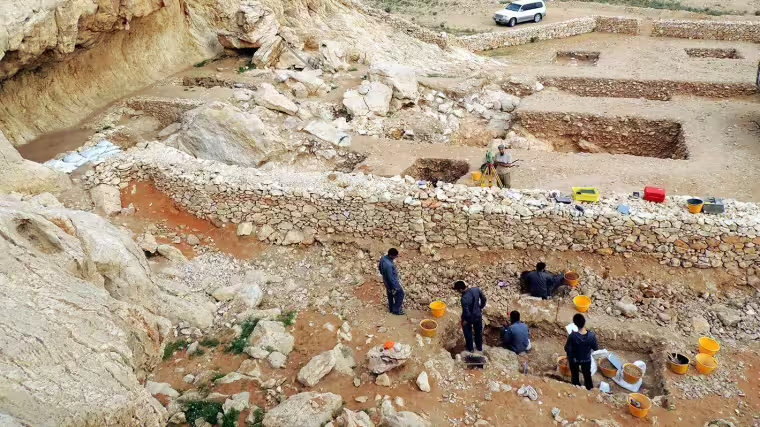
Archaeologists Discover 80,000-Year-Old Stone Knives in South Arabia
In the heart of the Sharjah Emirate, a groundbreaking discovery has unveiled 80,000-year-old stone knives at the Jebel Faya rock shelter. This remarkable find, spearheaded by an international research team led by Dr. Knut Bretzke from Friedrich Schiller University Jena, provides the oldest known evidence of systematic stone tool production in the Arabian Peninsula.
Rewriting the Narrative of Early Human Migration
The discovery at Jebel Faya challenges our understanding of Homo sapiens’ dispersal from Africa, highlighting the crucial role the Arabian Peninsula played in this journey. Researchers have gained unprecedented insights into the tool-making techniques, migration routes, and settlement strategies of our ancestors.
Unveiling the Past Through Advanced Techniques
📣 Our WhatsApp channel is now LIVE! Stay up-to-date with the latest news and updates, just click here to follow us on WhatsApp and never miss a thing!!
Using luminescence dating, scientists have confirmed the stone blades’ age, placing them firmly within the Middle Paleolithic period. Dr. Bretzke emphasizes the dramatic climatic shifts that shaped the region, with a transition from a period of abundant water resources to extreme aridity impacting early human settlements.
Cultural Diversity and Shared Technological Traditions
The Jebel Faya findings reveal that while northern and southern Arabia exhibited distinct cultural developments, they shared common traditions in stone tool production. This suggests a complex network of interactions among early human groups migrating from Africa to Asia.
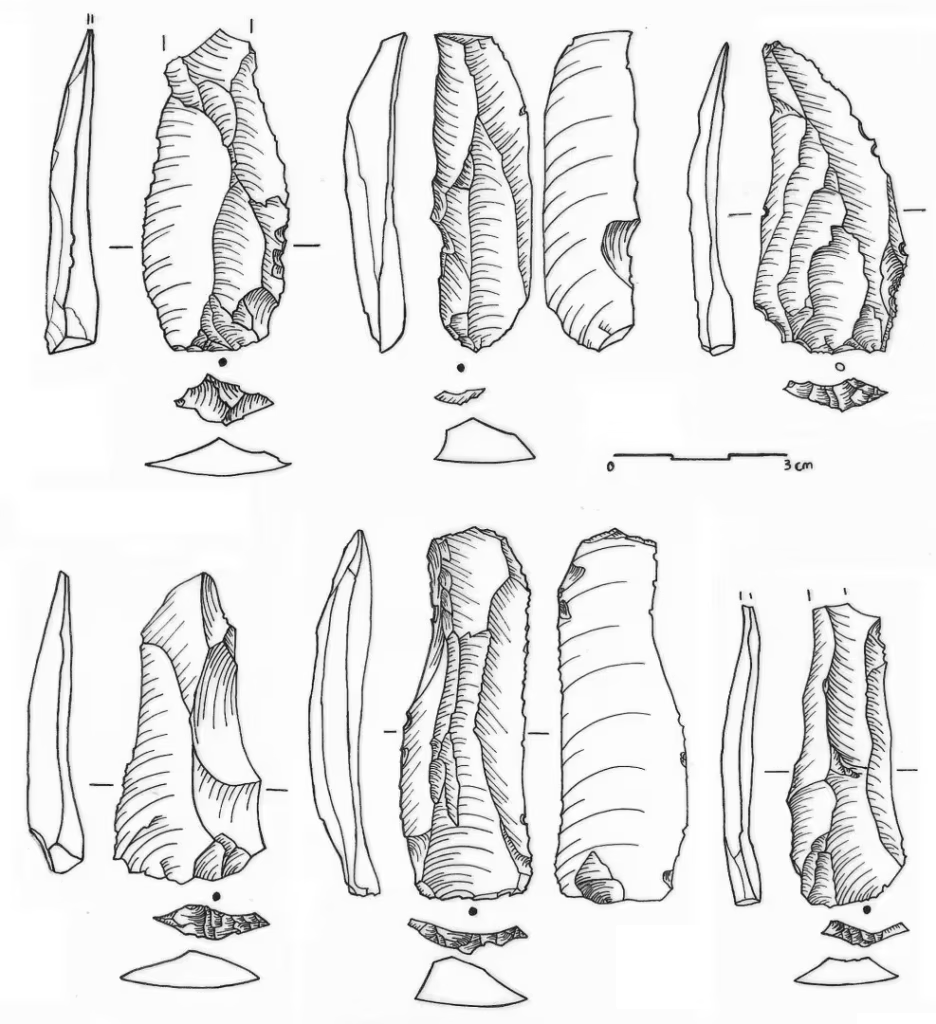
A New Chapter in the Story of Homo Sapiens’ Dispersal
The research supports the theory that Homo sapiens’ global expansion occurred in multiple waves. The discovery of 80,000-year-old stone knives at Jebel Faya provides compelling evidence for a migration wave along the southern Arabian Peninsula.
Unlocking the Secrets of Jebel Faya
Excavations at Jebel Faya have unearthed a wealth of evidence spanning from 210,000 to 10,000 years ago. The diverse array of stone tools discovered sheds light on the technological capabilities of early humans.
A Collaborative Effort to Illuminate the Past
This interdisciplinary project, involving researchers from Germany and the UK, underscores the importance of international collaboration in unraveling the mysteries of human history.
The discovery of 80,000-year-old stone knives at Jebel Faya is a testament to the enduring power of archaeology to illuminate our past. As research continues, we can expect to gain even greater insights into the lives of our early human ancestors and their remarkable journey across the globe.
Friedrich-Schiller-Universität Jena
Knut Bretzke, Frank Preusser, Kira Raith, Gareth Preston, Seolmin Kim, Sabah Jasim, Eisa Yousif and Adrian Parker: Archaeology, chronology and sedimentological context of the youngest Middle Palaeolithic assemblage at Jebel Faya, United Arab Emirates, Archaeology and Anthropological Science,
Cover Image Credit: Jebel Faya archaeological site in the Arabian Peninsula.
Credit: Knut Bretzke
You may also like
- A 1700-year-old statue of Pan unearthed during the excavations at Polyeuktos in İstanbul
- The granary was found in the ancient city of Sebaste, founded by the first Roman emperor Augustus
- Donalar Kale Kapı Rock Tomb or Donalar Rock Tomb
- Theater emerges as works continue in ancient city of Perinthos
- Urartian King Argishti’s bronze shield revealed the name of an unknown country
- The religious center of Lycia, the ancient city of Letoon
- Who were the Luwians?
- A new study brings a fresh perspective on the Anatolian origin of the Indo-European languages
- Perhaps the oldest thermal treatment center in the world, which has been in continuous use for 2000 years -Basilica Therma Roman Bath or King’s Daughter-
- The largest synagogue of the ancient world, located in the ancient city of Sardis, is being restored


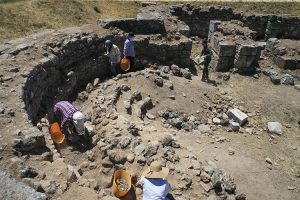
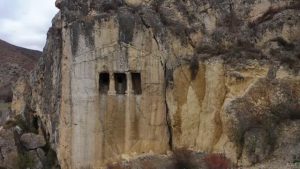
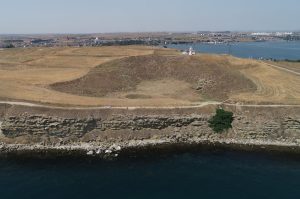
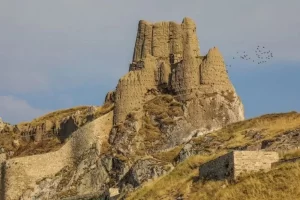



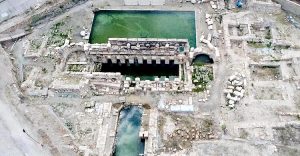
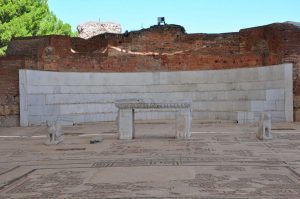
Leave a Reply